
What we learned from Digital Government 2023
The enthusiasm at the recent Digital Government 2023 conference was great to see. The rooms were packed, and the debate was lively.
The main topics of discussion were how to create a culture that drives projects faster, building trust in the services developed, boosting digital skills, replacing legacy systems, and embracing the opportunities posed by technologies like AI.
Here’s a quick summary of what we learned.
Zaizi/Home Office roundtable
Our own Zaizi roundtable at the Digital Government 2023 conference focused on the legacy issue, and how to find more sustainable solutions. There were more future-looking discussions taking place elsewhere. But the fact that our session was massively over-subscribed confirmed that there is a big appetite among central government practitioners to discover why many legacy replacement projects still stall. It’s something we’ve been highlighting recently.
The discussion was on how the Home Office moved a stalled project to award-winning success. We didn’t go into detail about the project but discussed how we collaborated to solve this legacy problem. It was an insightful session where government departments learned more about tackling their own complex digital issues
Participants were interested to hear how the Zaizi-led solution – an agile-driven Transformation Day workshop – helped Home Office stakeholders map out the entire problem, move to a beta phase in a short timeframe and create a digital automated system that is now completely paperless.
Case study: Home Office – From a stalled legacy system project to award-winning success
Naturally, those attending didn’t take our message at face value. They had questions that reflected their own challenges and barriers to success. Mainly, they wanted to know how we to:
- change the culture from a fear of failure
- communicate failures as a positive
- take ownership away from technology
- create a collective business-led model of ownership
- manage project scope within an agile environment
- build in accessibility from the outset
- and involve senior management alongside users without impeding the research and design process
Some of the concluding themes that emerged from the session included:
- The importance of stakeholders collectively understanding the big picture.
- Getting alignment. One of the reasons projects stall is that not everyone is on the same page. How do you get everyone together and get that alignment?
- Showing visibility and progress to stakeholders and interacting with users early.
- Finally, making a start. Everyone deals with a lack of consensus, inertia, and time constraints. But you need to act.
You can find more about our solution to these challenges in our Home Office case study. Or of course, you’re welcome to get in touch.
Transformation Day: Find out how to make a start on getting rid of your legacy tech
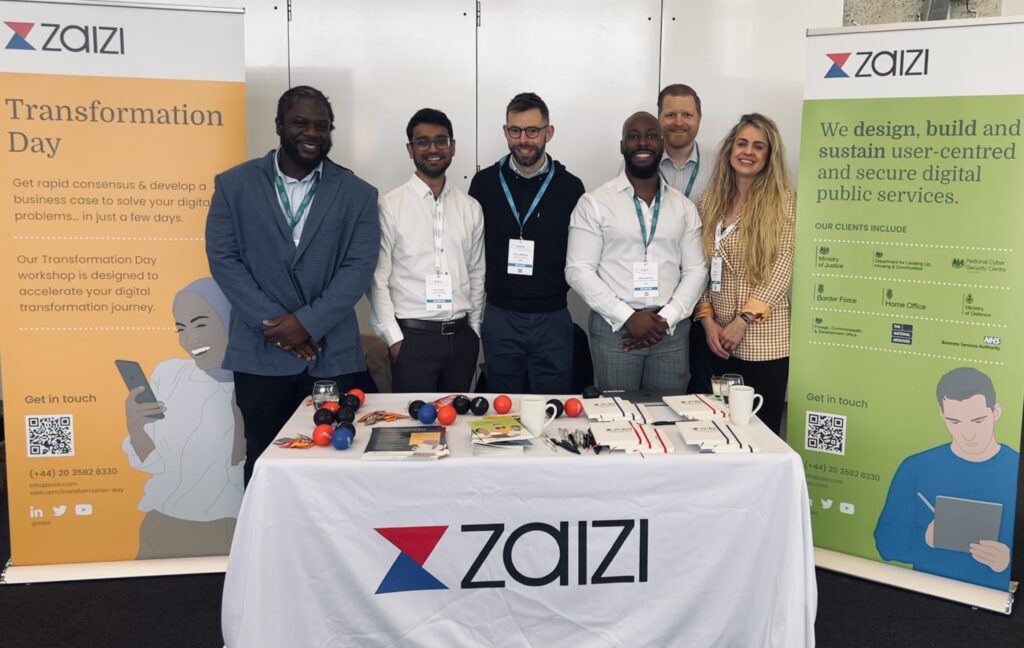
Wider challenges for government
Elsewhere at the Digital Government 2023 conference, there was a lot of talk about the AI-driven future and the many other digital possibilities at our doorstep – including biotech, quantum computing and the drive towards a single government digital ID for all.
Attendees expressed doubts about the UK’s ability to embrace these opportunities though. A live poll revealed that people think the most significant factors preventing the UK public sector from being a digital leader are the shortage of digital skills (66%), slow transformation processes (45%) and a lack of senior leadership buy-in (41%). There were also concerns over the ability to share data – 63% of the audience said they are unable to do this willingly and competently.
However, there was broad consensus among speakers that overcoming these problems rests on sticking tightly to the 6 missions to transform to a digital future announced by the Central Digital and Data Office announced last year.
On a mission to unlocking digital transformation
In particular, there was strong support for the value of Mission 6: Creating a system that unlocks digital transformation, which focuses on enabling digital teams in government to thrive in an environment that has traditionally had a low tolerance for risk.
Megan Lee Devlin, Chief Executive of the Central Digital and Data Office, said that the government will achieve this mission by driving business leadership, upskilling leaders and ALL people by 2025, and creating a culture of co-creation and collaboration.
I believe this approach is the right one and ties in strongly with the approach we take with our Transformation Day concept. It is also reflective of our approach to service delivery and developing skills.
One thing to note for the future: we’ll soon be hosting another roundtable for government practitioners where you’ll have the opportunity to discuss how to solve complex service design challenges and share learnings.
Do you have a problem you need to fix? Please let us know and we’ll send you the details of the roundtable when we announce them.
-

From ScanApp to Lego demos — What you need to know about Security & Policing 2025
-
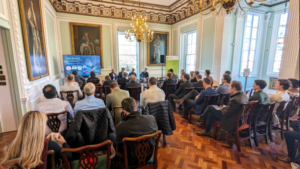
Truth, trust and transformation — 4 key takeaways from Zaizi’s AI in government event
-
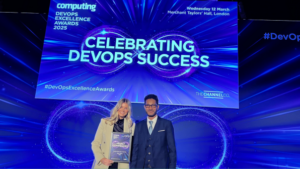
Zaizi talent shines at Computing DevOps Excellence Awards 2025
-

Advancing DevOps practices with AI —lessons from AWS re:Invent
-
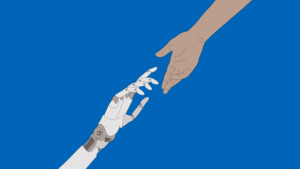
Paris AI summit: Navigating the AI landscape and how SMEs can help UK government
-
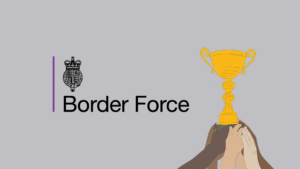
Border Force wins Global Customs Innovation Award for ScanApp — a solution Zaizi helped build
